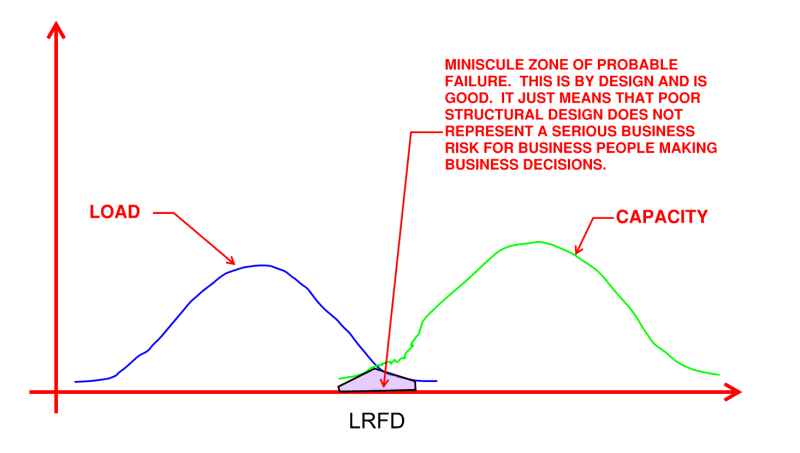phamENG said:
My concern with this viewpoint is that it's essentially using the peer review process as an excuse to do what we should already be doing - standing up for the best fees the market will bear and insisting on sufficient time to do our job correctly and completely. It won't...or shouldn't...solve that problem.
I agree with the "shouldn't" but not the "won't". Or, at the least, I feel that we should at least experiment with some systemic improvements before resigning ourselves to "won't". I know that you already know most or all of what I'm about to say. I'm using you as a foil, partly because it's expedient and partly because I know that you can take it.
[highlight #FCE94F]I've done some uncharacteristic, douchy highlighting below because I recognize that I'm drifting deeeeep into TLDR territory.[/highlight]
I believe that the current incentive structure makes it functionally impossible for us to stand up for ourselves and insist upon the fees and schedules that would make it possible for us to do our work well. That, for the reason that JSN expressed well and I'll repeat in a moment. I feel that it is well past time that SE's to stop beating themselves up for being unable exert influence over market forces which are legitimately beyond our control. The answer is to
change the market forces.
We often bemoan our perception that other kinds of consultants have it better than we do (doctors, accountants, lawyers). In my opinion, that's not just perception but, rather, the truth of it. Other professions
do have it better than we do. The question, of course, is
why? We sometimes speculate that lawyers and accountants must just be much better business people than SE's are. I think that's a load of horseshit. SE's kick ass at complex technical and analytical things. And business stuff is mostly just more of that. It's certainly not the case that P&L and time value of money stuff is beyond our reach.
[highlight #FCE94F]I believe that the difference is that these other profession have something crucial that we lack: meaningful, measurable consequences that will manifest themselves over a time scale that would matter to someone making a strategic business decision.
[/highlight]
JSN said:
...the root of the problem...the quality of a structural design isn't always obvious to a client until a poor design falls down
Expanding upon that, I see it like this:
1) Because of the diagram below, the consequences of bad structural design:
a) Very rarely come to pass.
b) If they come to pass at all, do not manifest them selves for 50yr - 2500yr.
[highlight #FCE94F]2) The rarity and timescale over which the consequences of bad structural design manifest themselves is incompatible with the timescale over which human beings make business decisions. A such, it is simply not reasonable to expect people making business decisions to factor in the life safety implications of bad structural design.[/highlight]
3) We'll never have good structural design if bad structural design doesn't generate meaning consequences for people making business decisions.
[highlight #FCE94F]4) Since we cannot use life safety as a "business consequence" of bad design, we need to employ another,
proxy consequence in its stead. I propose that consequence be schedule and, by extension, money. When people express concern that a rigorous peer review program would negatively impact project schedules, they are missing the point. The impact to project schedules is our
stick. It is our "business consequence". Without that, peer review simply has no teeth and we remain stuck, right where we are. Forever apparently.
[/highlight]
Yes, it is wildly unfair other professions get to have "organic" business consequences whereas we're forced to invent faux consequences like this.


